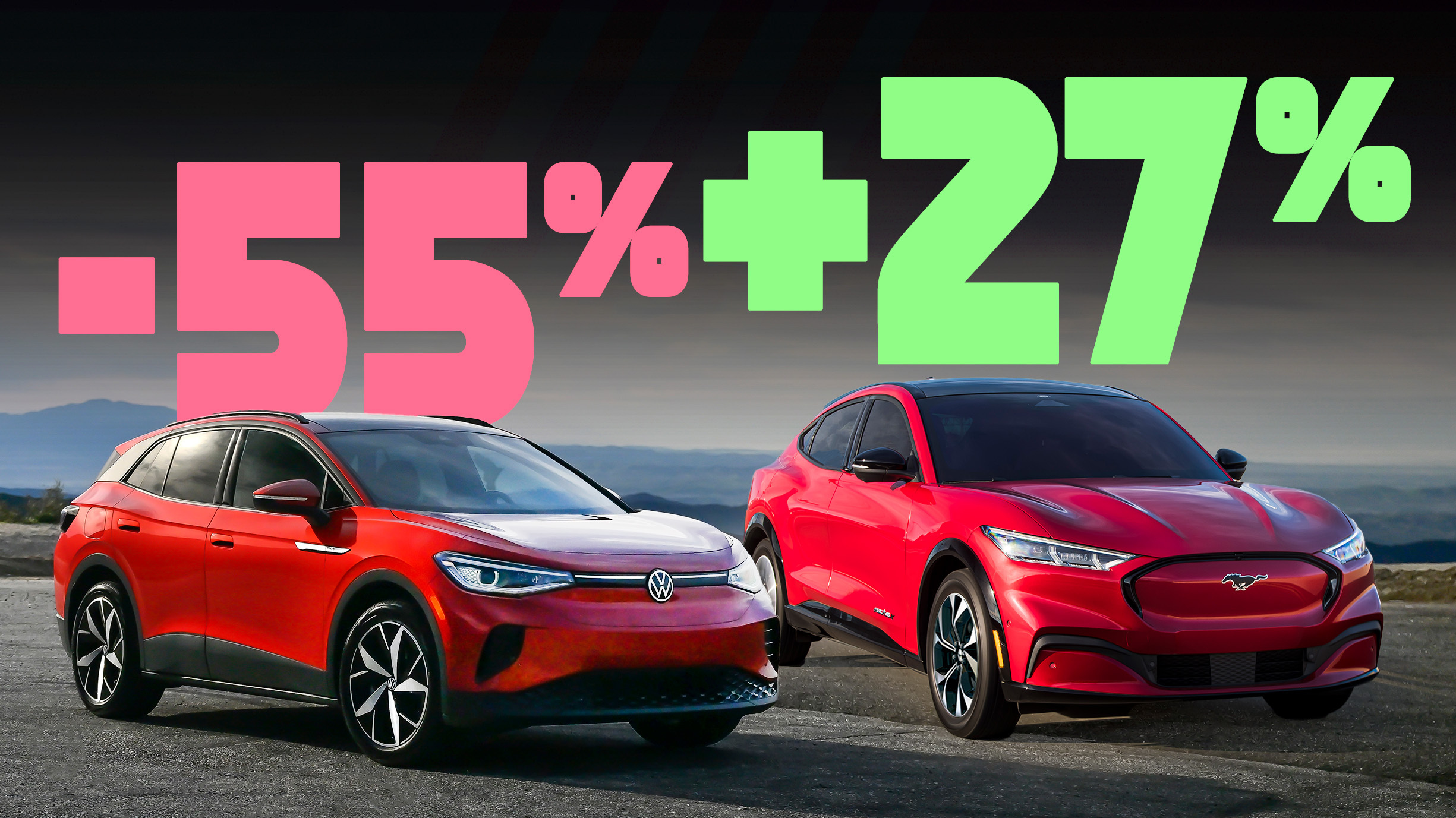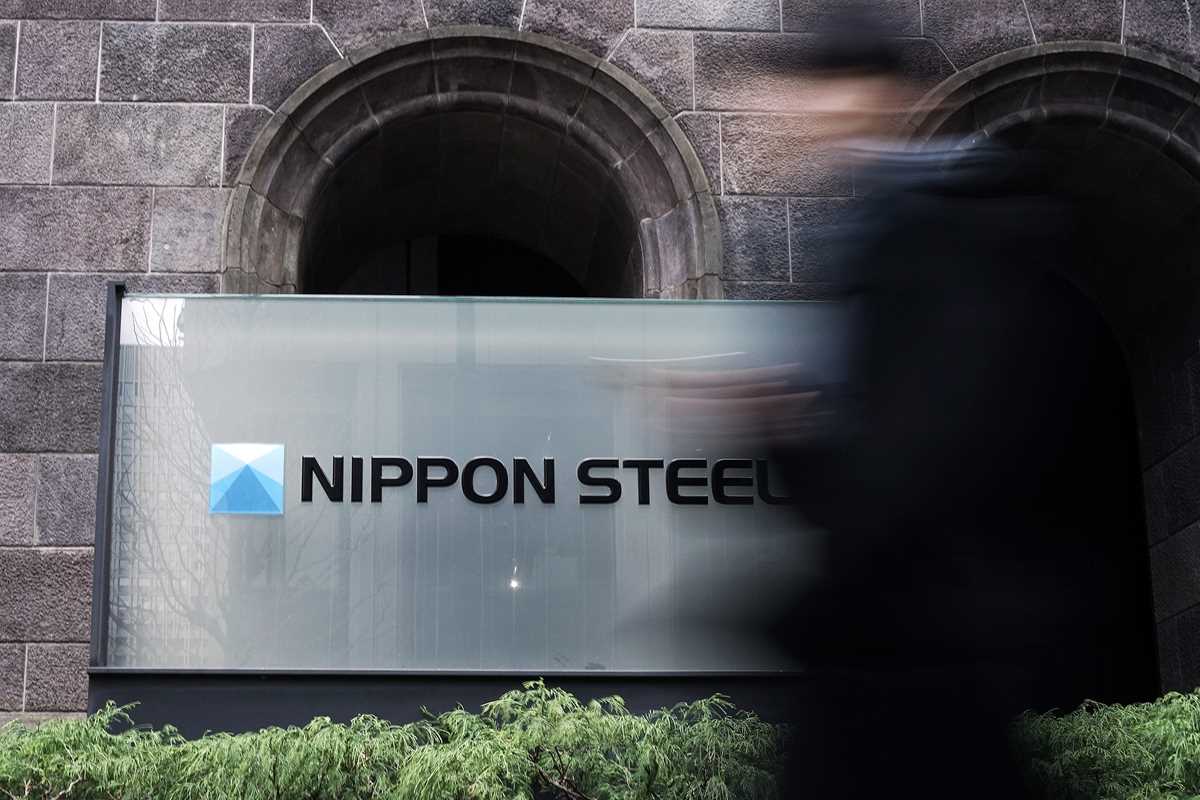Unveiling the Bannon-Musk Political Showdown
Explore the intense rivalry between Steve Bannon and Elon Musk as they vie for influence over President-elect Donald Trump's second term, sparking debates over immigration and political power.
Published January 14, 2025 - 00:01am

Image recovered from washingtonexaminer.com
The political landscape in the United States has been dramatically stirred by a high-stakes rivalry between Steve Bannon and Elon Musk, each seeking to exert influence over the emerging Trump administration's policies. At the heart of this contentious battle lies their competing visions for immigration and their attempts to position themselves as the preeminent ally to President-elect Donald Trump.
Steve Bannon, a former senior adviser to Trump during his first term, has resurfaced in the political arena, determined to reclaim his influence. Once hailed as a pivotal force behind Trump's 2016 election victory, Bannon's power faded after his fall from grace in 2017. However, he remains a fervent supporter of Trump's right-wing policies, undeterred by the president-elect's recent critiques labeling him as out of touch with the administration's current direction.
In stark contrast, Elon Musk, the renowned tech magnate and owner of companies such as Tesla and SpaceX, has ascended rapidly in Trump's inner circle. Described by some as Trump's “first buddy”, Musk's pragmatic libertarianism and business acumen have earned him notable status. While Bannon and Musk's past interactions have occasionally been cordial, their fundamental ideological differences have often sparked intense disagreements.
This political duel has surfaced sharply around the issue of immigration policy, particularly the contentious H-1B visa program. Musk, who has benefited from these visas to bolster his workforce with highly skilled foreign professionals, argues that they are essential to addressing the talent gap in America's labor market. He has vocally defended the program, citing its importance in maintaining the competitiveness of major tech firms like Tesla and SpaceX.
Bannon, on the other hand, staunchly opposes the H-1B visas, citing concerns about their impact on American wages and employment opportunities for U.S. citizens. His views resonate with the more hardline elements of Trump's base, who see such immigration policies as contrary to the “Make America Great Again” ethos. Bannon has not hesitated to deride Musk for his support of the visa program, accusing the tech billionaire of prioritizing personal wealth and corporate interests over national loyalty.
Further complicating this dynamic is Musk's substantial financial backing of Trump's campaign efforts. Despite his considerable donations, various political figures, including prominent Trump supporters like Laura Loomer and Steve Bannon, question whether Musk's influence could undermine core conservative values. These critics highlight Musk's dual priorities of power and profit as potentially jeopardizing the integrity of Trump's platform.
This friction has escalated into personal attacks, with Bannon accusing Musk of inherently racist inclinations because of his South African origins, a sentiment echoed by some Trump loyalists wary of Musk's business engagements with China. Bannon has been particularly vocal in urging Musk to retreat from the political spotlight, even vowing to “run him out” before the inauguration.
In the midst of this political drama, the pressing question for many within Trump's circle is how this rivalry will shape the administration's policies on immigration and technology. As debates continue to rage, the formidable influence of both figures on Trump's advisory team underscores the complex interplay between economic imperatives and conservative ideals within contemporary American right-wing politics.
The outcome of this ongoing feud between Bannon and Musk remains uncertain, but its implications for the future of immigration policy and political power dynamics are profound. As the Trump administration prepares to enter its second term, the broader Republican Party must navigate these internal disputes while ensuring their policies resonate with the American public.







